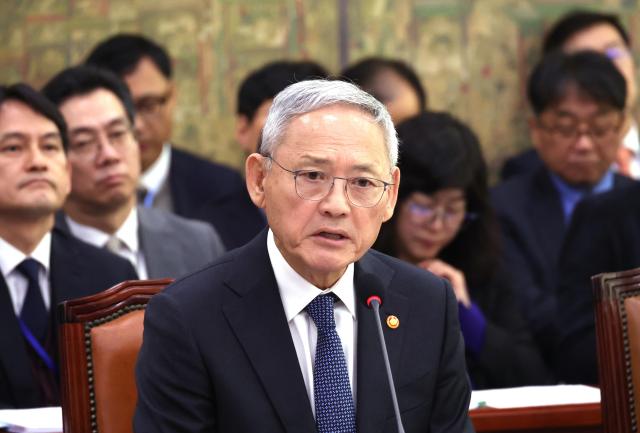Headline: Indonesia‘s 13-Year Compulsory Education Plan Gains Momentum
Introduction
In a significant endorsement of the Indonesian government’s initiative, Hetifah Sjaifudian, Chair of Commission X of the House of Representatives (DPR), has thrown her support behind the proposal to implement a 13-year compulsory education system. This plan aims to integrate Early Childhood Education (PAUD) into the educational framework, emphasizing the critical role of early learning in child development. Speaking at the Parliament Complex in Senayan, Jakarta, on October 29, 2024, Sjaifudian underscored the need for a robust legal foundation to ensure the successful implementation of this ambitious educational reform.
The Importance of Early Childhood Education
Sjaifudian’s advocacy for early childhood education highlights its importance as a foundational element in the overall educational landscape. She stated, “We warmly welcome this initiative, as early childhood education has been proven to be a key foundation in education.” Her comments reflect a growing consensus among educators and policymakers about the transformative potential of early learning in shaping future educational outcomes.
Central to her argument is the critical involvement of parents alongside educators in cultivating a supportive and enriching environment for young children. “Parental engagement is vital for effective early childhood development,” she emphasized, calling for a more deliberate focus on the responsibilities that parents hold during these formative years.
Legal and Structural Challenges
Despite this positive momentum, Sjaifudian pointed out a significant roadblock: the absence of a legal framework for Early Childhood Education in Indonesia. Current legislation, namely Law Number 20 of 2003, does not recognize the importance of PAUD, an oversight stemming from a lack of awareness when the law was originally drafted. “If the government intends to implement 13-year compulsory education, a legal framework is necessary to ensure the quality and accessibility of early childhood education,” she insisted.
This gap in the legal structure has consequentially resulted in insufficient support and professional development opportunities for PAUD educators, raising questions about the quality of education that young learners would receive under the proposed system.
Next Steps for Educational Reform
To navigate these challenges, Sjaifudian announced that Commission X is scheduled to meet with various ministries on November 6, 2024. This meeting aims to discuss the broader direction of education policies and the specific details of implementing the 13-year compulsory education initiative. These discussions will be crucial in identifying the necessary legislative changes needed to support the inclusion of PAUD effectively.
Concerns from Education Experts
While the government’s plans have garnered support, not all stakeholders are on board. Education expert Ubaid Matraji, from the National Coordinator of the Indonesian Education Monitoring Network, voiced skepticism regarding the ambitious nature of the initiative. He argued that before extending compulsory education, the government should first focus on enhancing the quality of existing basic education programs. “Quality should take precedence over quantity in our education system,” Matraji stated, echoing concerns that rushing to implement a longer compulsory education period could compromise overall educational standards.
Potential Community Impact
The introduction of a 13-year compulsory education system has the potential to yield significant social benefits. By prioritizing early childhood education, children may gain crucial skills that foster lifelong learning. This initiative could lead to a more educated workforce and better societal outcomes in the long run. However, the success of this approach hinges on comprehensive reforms that ensure both the legal foundation and the quality of education.
Encouraging Public Dialogue
As Indonesia stands on the precipice of a potentially transformative educational initiative, it remains imperative for the public, educators, and policymakers to engage in robust dialogue. Potential outcomes will depend on collective efforts to address the challenges outlined by Sjaifudian and Matraji. As discussions progress, public input is crucial to ensuring that the new policies genuinely benefit all facets of Indonesian society.
What are your thoughts on Indonesia’s 13-year compulsory education plan? Share your insights and join the conversation on the future of education in Indonesia.

